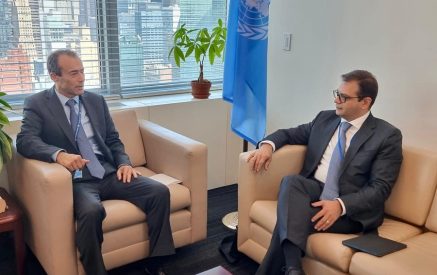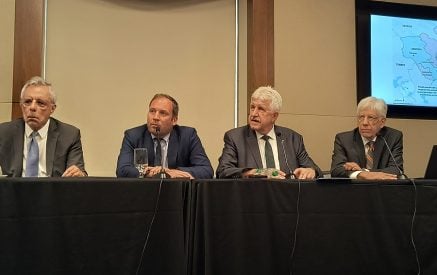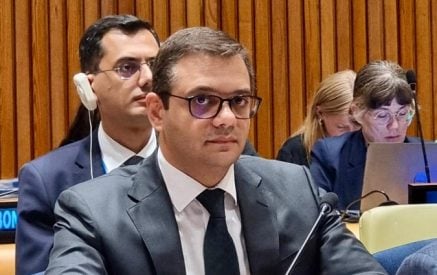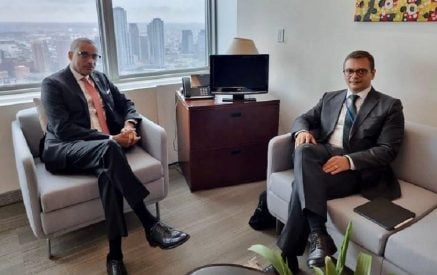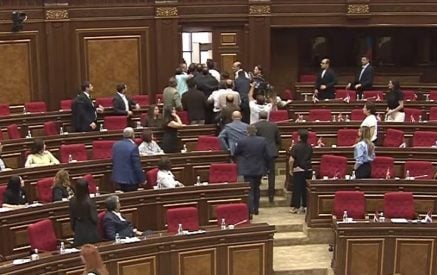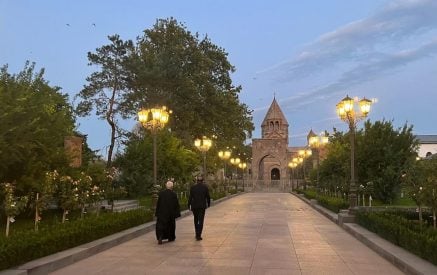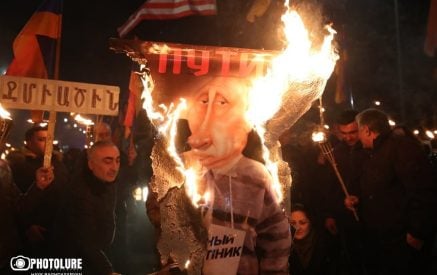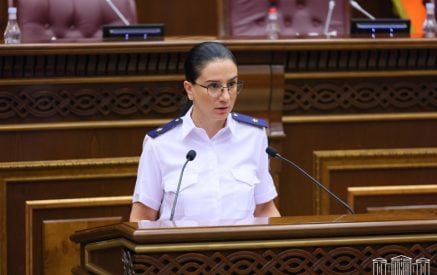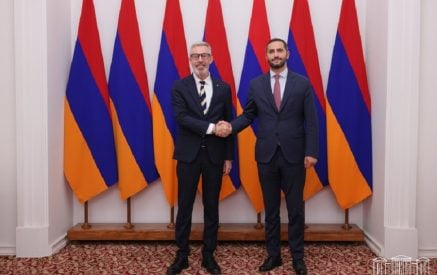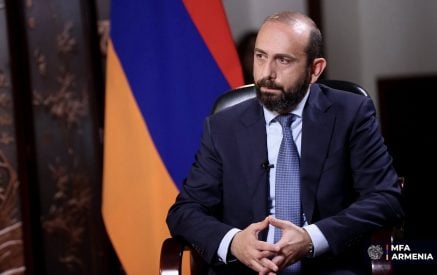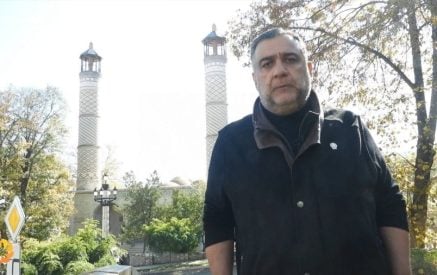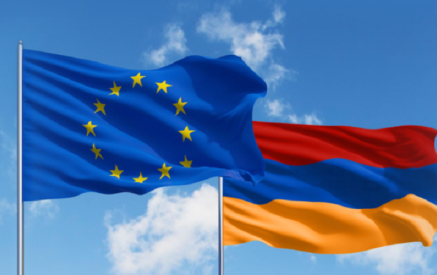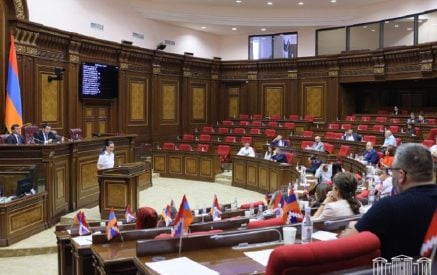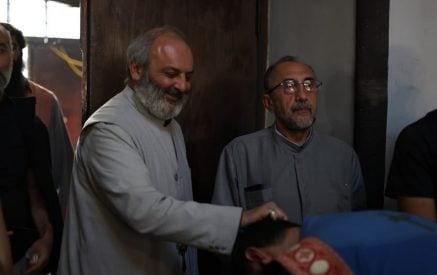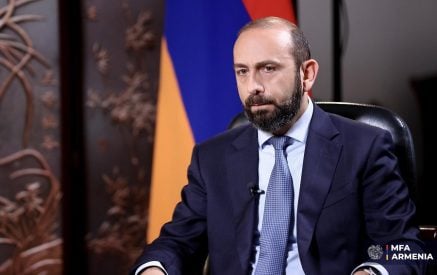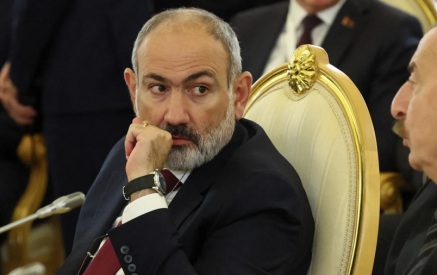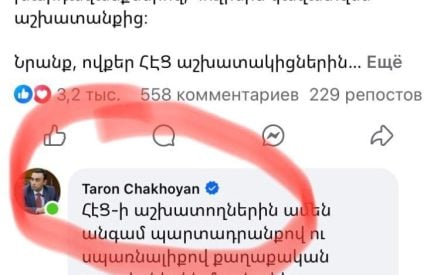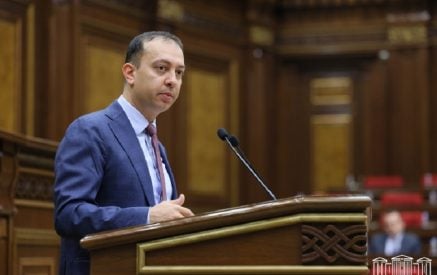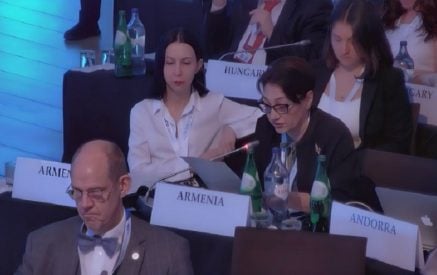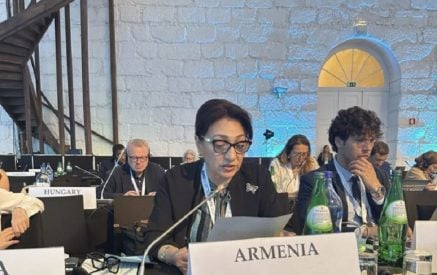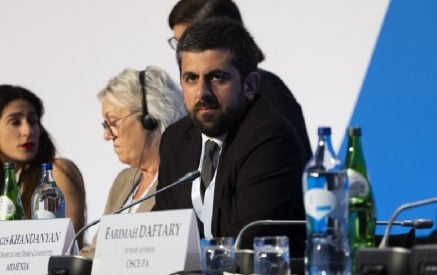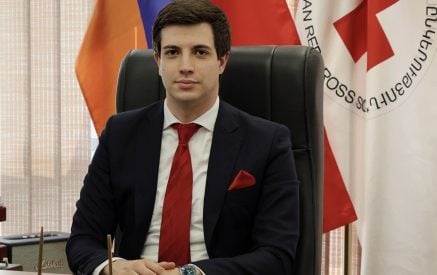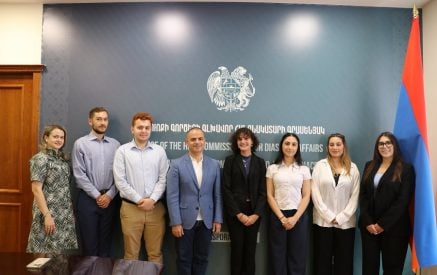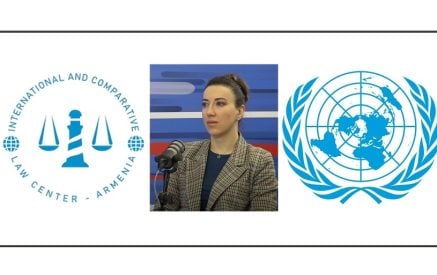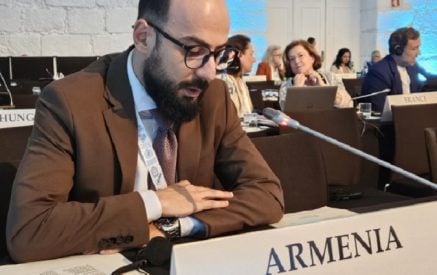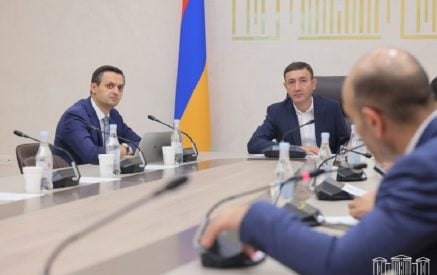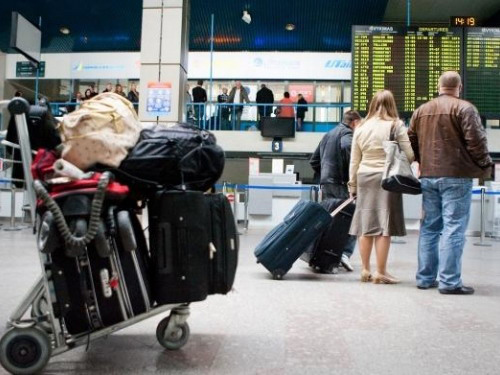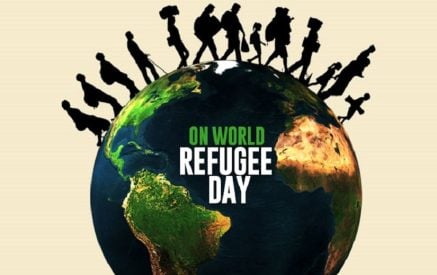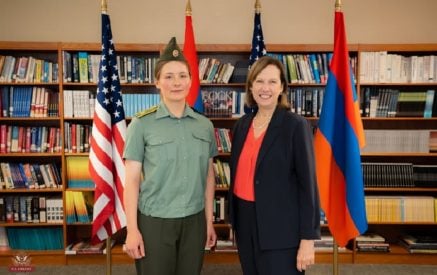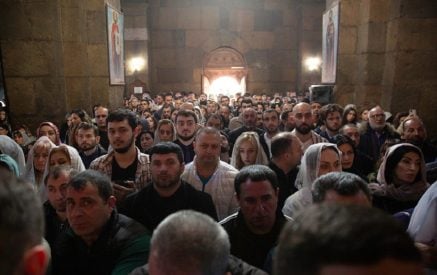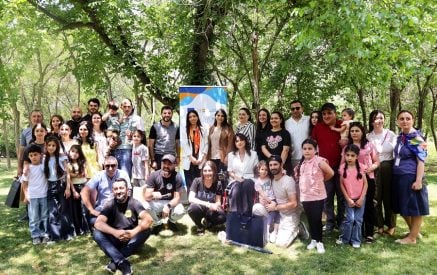Why are people returning to their homeland? For having a prosperous life, their rights be protected, no discrimination in business, the law be equal for everyone, courts issue fair decisions, and the elections not be rigged. When all of this will be available in Armenia, the Project Manager for Migration of “People in Need” NGO, Tatevik Bezhanyan, will start talking about high rate of people returning. As long as these conditions do not exist, re-emigration will continue, in other words, people will go, work, come back, and then will go again. Driven from humanitarian motives, European countries are supporting those visiting their country for receiving treatment, to recover their health or receive required amount of medication not to die.
But lately, the standards have become tougher, and as far as Armenia, now, is in the list of not developing and not dangerous countries, only France rejected 95 percent of applications of our citizens as of last year. They do not reject those who are travelling for receiving treatment, but if you are traveling for work, and if your health deteriorates all of a sudden, they will immediately require a medical insurance. As long as you are seeking asylum in a foreign country, you are provide with free food, clothing, shelter in accommodations for refugees, but you have no permit to work. “Our country had commenced signing agreements with European countries on circular migration, but it is prior to being affiliating to the Customs Union. And now, the process is frozen, and there is no move,” says the specialist in the conversation with us.
Tatevik Bezhanyan says that in many countries it is usual to take special courses for those who travel abroad, which help the traveler to be prepared about where he is traveling, what traditions are there, what jobs he might take, in short, being fully aware of everything that can be expected from given country, and what expects him there. Whereas, in our country, there are no such courses, and people leaving often encounter unexpected problems. Mrs. Bezhanyan is sure that if the person is leaving prepared, he will be protected, and the country would stand for him, thus, we can be informed about this person. For a person traveling abroad, it is very important for him working in this country to have an employment contract. Earlier, people were surprised that a migrant may sign a contract. Now, many already realize its importance as the employer can easily not pay for the work. If you do not have a contract, nothing is possible to prove.
Mrs. Bezhanyan sadly states that migration is not regulated in our country. According to her, if Hrachia Harutyunyan were a Philippine citizen, no one would treat him like that. “In that case, it would immediately be followed by an employment attaché, the diplomatic section of the country would work on it, and eventually, he would not be given a vehicle with poorly operating breaks. The terms for new arrival migrants and those living in Russia have been changed a lot. Currently if, for example, the migrant working there has twice crossed the street by car in the red light, or has committed another violation, at any moment when he leaves the Russian Federation, he will immediately be included in the black list and will not be able to have an access to the country for three years.” “People in Need” NGO provides business grants for at least 6 months to people working in other country, so that they will come home, set up a business and work. “So far, we have funded 26 projects, and all of them are operating. We are in constant contact with beneficiaries, and the organization is aware of the work carried out by them,” notes Mrs. Bezhanyan.
In January-June months of this year, 1 million 78 thousand 200 RA citizens arrived in our country, and 1 million 67 thousand 164 RA citizens have left the country. These are the data by the National Statistical Service. Mostly, our citizens are traveling by land vehicles. 73.1 percent of migrants leave for Russia, then the United States and other countries. More than three fourth of the Armenian migrants are men, the majority of migrants are from 26 to 55 years old. Most of them are migrant workers. And if we consider that the majority of them are young people and live in another country for years, in some cases, they make a second family, which is one of the reasons for the increase in divorces. 43 percent of migrants has a secondary education, 33 percent – vocational, and about 20 percent – higher education. The very small percentage of these people are working by their profession.
Remittances to Armenia amount to 20 percent of our country’s GDP. This refers only to bank transfers. Migrants are many from Gegharkunik, Lori, and Shirak regions, whereas Armavir and Ararat has long been considered as regions with low rate of migration, but largely, due to the recent frosts, a huge rate of migrants from this regional is also observed. There are also a great number of migrants from Syunik. Migration from border villages is constantly a lot, but more often for seasonal work. Mrs. Bezhanyan is sure that as long as our country’s socio – economic situation has not been improved, with all of its consequences, to expect that the number of returnees to Armenia will be greater than those leaving is impossible.
Meri MARTIROSYAN




